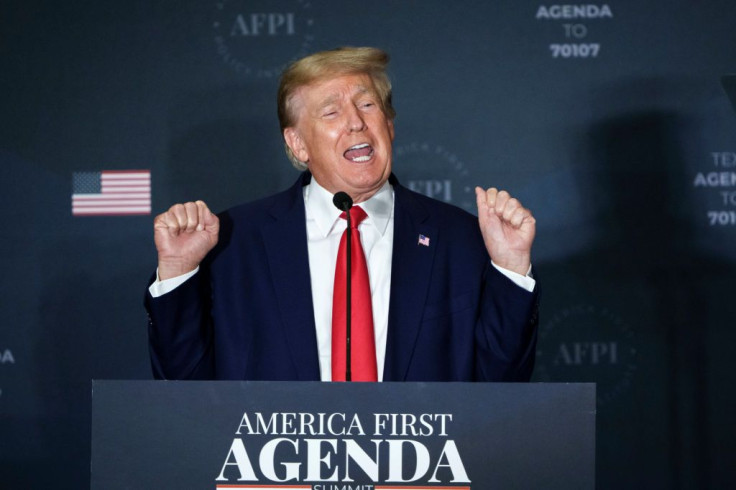A newly unredacted memo released by the Department of Justice (DOJ) revealed why former Attorney General Bill Barr concluded that former President Donald Trump couldn't be charged with obstructing the Russia investigation.
The conclusion was made because there wasn't an underlying conspiracy between Trump's campaign and Russia. This broke with special counsel Robert Mueller's view on the matter, reported CNN.
As part of a lawsuit over public records connected to the Mueller probe, the nine-page memo was released Wednesday. This comes as Trump faces criminal and congressional probes for other matters, including keeping presidential documents at his Mar-a-Lago property in Florida, reported NPR.
In 2021, a highly redacted version of the memo was also released. But a federal court ordered the DOJ to make the full document public.
Then-top Justice Department officials Steven Engel and Ed O'Callaghan wrote in the document that it would be rare for "federal prosecutors to bring an obstruction prosecution that did not itself arise out of a proceeding related to a separate crime." It concluded with a formal recommendation against charging Trump, which was signed and approved by Barr on March 24, 2019. It was the same date that Barr notified Congress of his decision not to prosecute Trump.
It was later criticized by Mueller and legal analysts for cherry-picking from Mueller's report. Some legal advocates also urged Attorney General Merrick Garland to revisit Barr’s decision not to charge Trump, according to Politico. They noted that the DOJ has generally taken the view that former American Presidents could be subject to prosecution for acts committed while they were in office. But it has never happened.
The 2019 memo contained a legal analysis that was presented to Barr, and two federal courts involved in the public records case concluded that he didn't actually rely on it for legal advice. He never seriously considered charging Trump, and had already made up his mind before he commissioned the memo. He signed the memo after notifying Congress of his decision.
Last week, it was ruled that the full memo should be released. At the time, federal appeals court described the memo as an "academic exercise" or "thought experiment." It was apparently meant to bolster the public rollout of Barr's controversial decision against prosecuting Trump.

© 2025 Latin Times. All rights reserved. Do not reproduce without permission.





